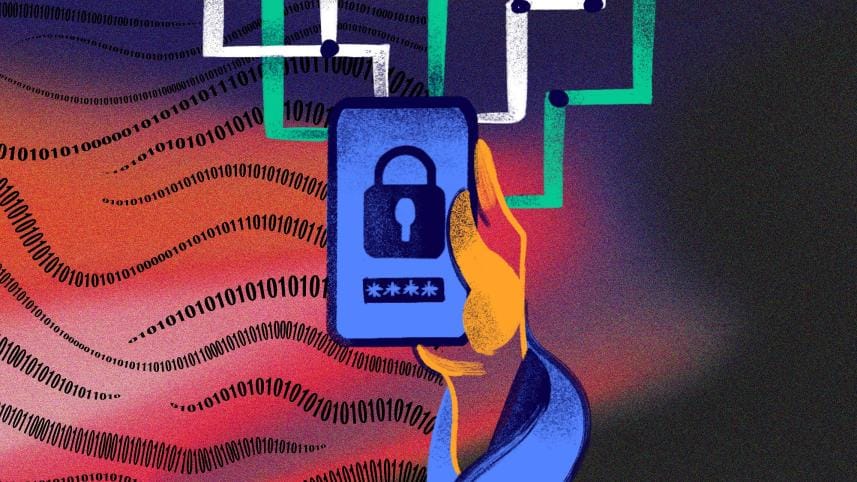Top tips for data protection in the workplace

In today's digital age, safeguarding personal data at the workplace is more crucial than ever. With the increasing threat of cyberattacks and stringent data protection regulations, businesses must adopt comprehensive measures to protect sensitive information. Here are some top tips to enhance data protection in your organisation.
Secure data storage
Data breaches can be costly and damaging, but proper data handling and storage can mitigate these risks. The average cost of a data breach in 2021 was $4.24 million, according to IBM's Cost of a Data Breach Report.
Ensuring that all personal data is stored securely is a fundamental step in data protection. Simple measures such as locking physical documents in cabinets and using strong passwords for digital files can significantly reduce the risk of unauthorised access. For highly sensitive information, additional steps such as encryption should be taken.
Implement a clear desk policy
A clear desk policy minimises the risk of sensitive information being left unattended. This policy requires employees to store paperwork, notes, and other documents securely when not in use. It prevents unauthorised access and fosters a culture of organisation and responsibility. For instance, leaving sensitive documents on desks can lead to data leaks, especially in shared office spaces.
Develop a remote/hybrid working policy
With the rise of remote and hybrid work, it is essential to have a clear policy on handling personal data off-site. This includes using two-factor authentication for accessing company systems and ensuring that personal devices used for work are secure.
The trend of remote work has seen a significant increase, with a 2020 Gartner survey revealing that 82% of company leaders worldwide plan to allow employees to work remotely some of the time. Securing mobile devices and educating staff on the proper handling of data when working remotely is essential.
Regular data backups
According to the Data Protection Benchmark Study by Veeam, 58% of organisations face significant data loss issues due to inadequate backups.
Regularly backing up your data to secure locations is crucial. This ensures that, in the event of a cyberattack, fire, or flood, you can still access critical information. Both physical and cloud-based backup solutions should be considered to provide redundancy and quick recovery options.
Limit access to data
Not all employees need access to all data. Implementing role-based access controls ensures that only authorised personnel can access sensitive information. This reduces the risk of internal data breaches and helps maintain data integrity. Categorising data and limiting administrative privileges are effective ways to enhance data security. For instance, the 2018 Verizon Data Breach Investigations Report found that 34% of data breaches involved internal actors.
Employee training
Data protection is everyone's responsibility. Regular training sessions can help employees understand the importance of data security and the best practices to follow. This can significantly reduce the risk of accidental breaches and ensure that all staff are aware of their roles in maintaining data protection.
Use encryption
Encrypting sensitive data both in transit and at rest adds an extra layer of security, making it difficult for unauthorised users to access the information. Encryption is particularly important for protecting high-value data and is a key component of a comprehensive data protection strategy.
Monitor and update security measures
Cyber threats are constantly evolving, so it is vital to keep your security systems up to date. The Equifax breach, which affected over 143 million people, highlights the importance of timely updates and proactive security measures. According to a 2021 report by Check Point Research, cyberattacks increased by 50% year over year, underscoring the need for continuous vigilance. Regularly reviewing and updating your data protection plan helps address new vulnerabilities and threats.
By implementing these best practices, organisations can significantly enhance their data protection measures, ensuring compliance with regulations and safeguarding against potential breaches. A proactive approach to data security not only protects your organisation but also builds trust with clients and employees.



 For all latest news, follow The Daily Star's Google News channel.
For all latest news, follow The Daily Star's Google News channel.
Comments